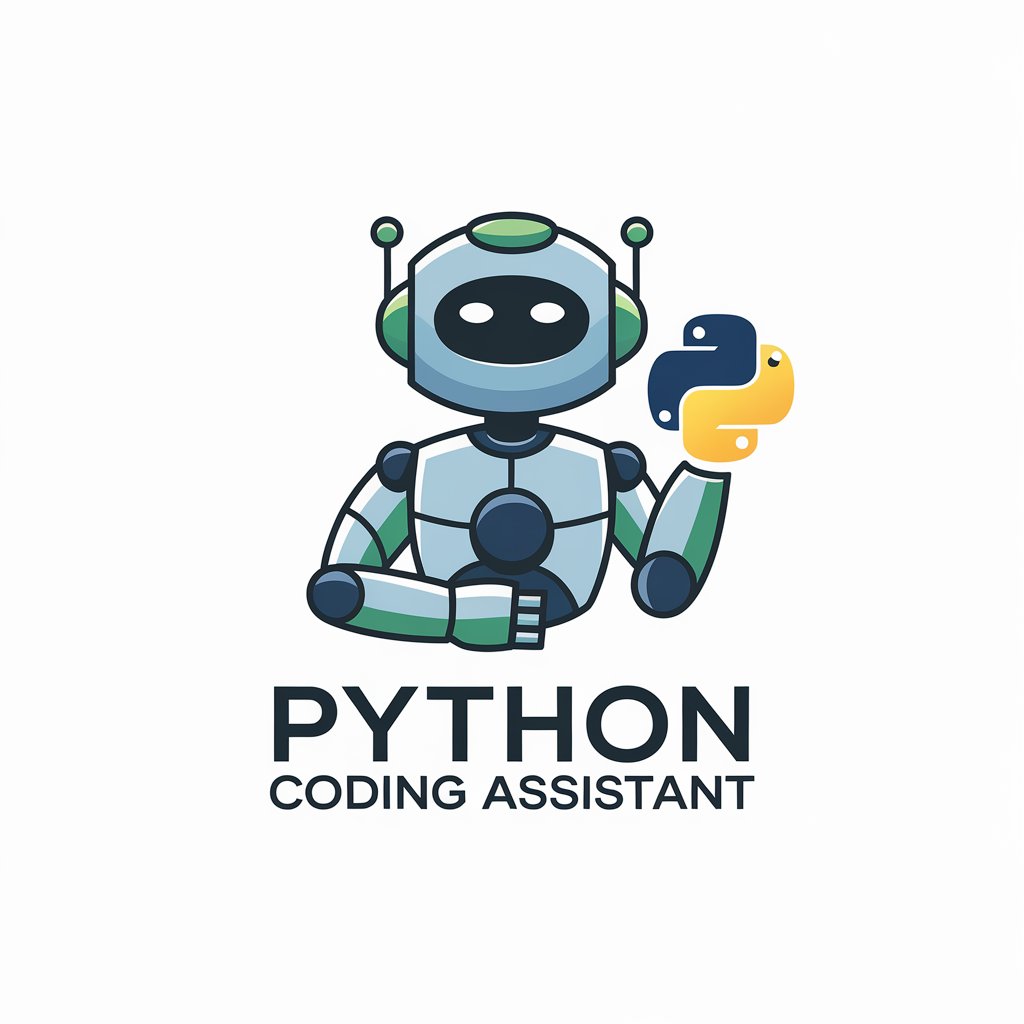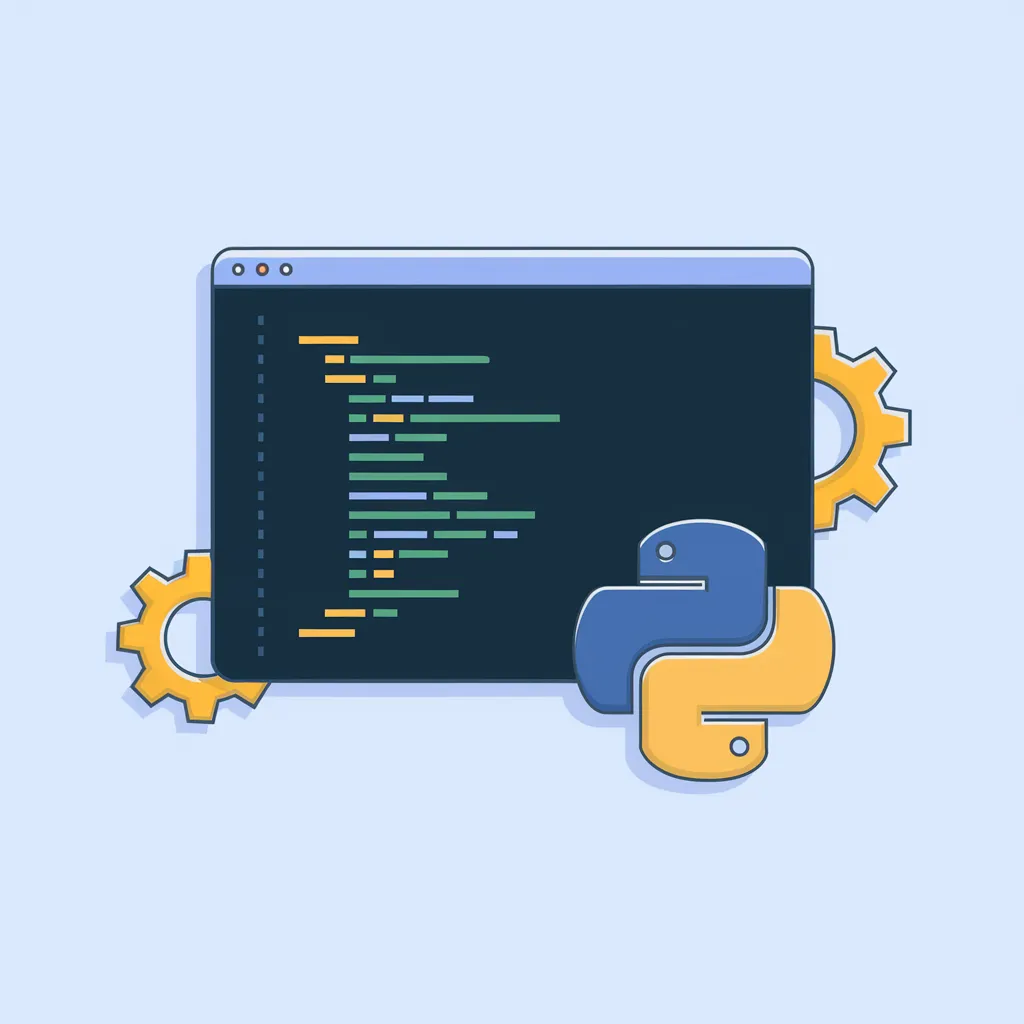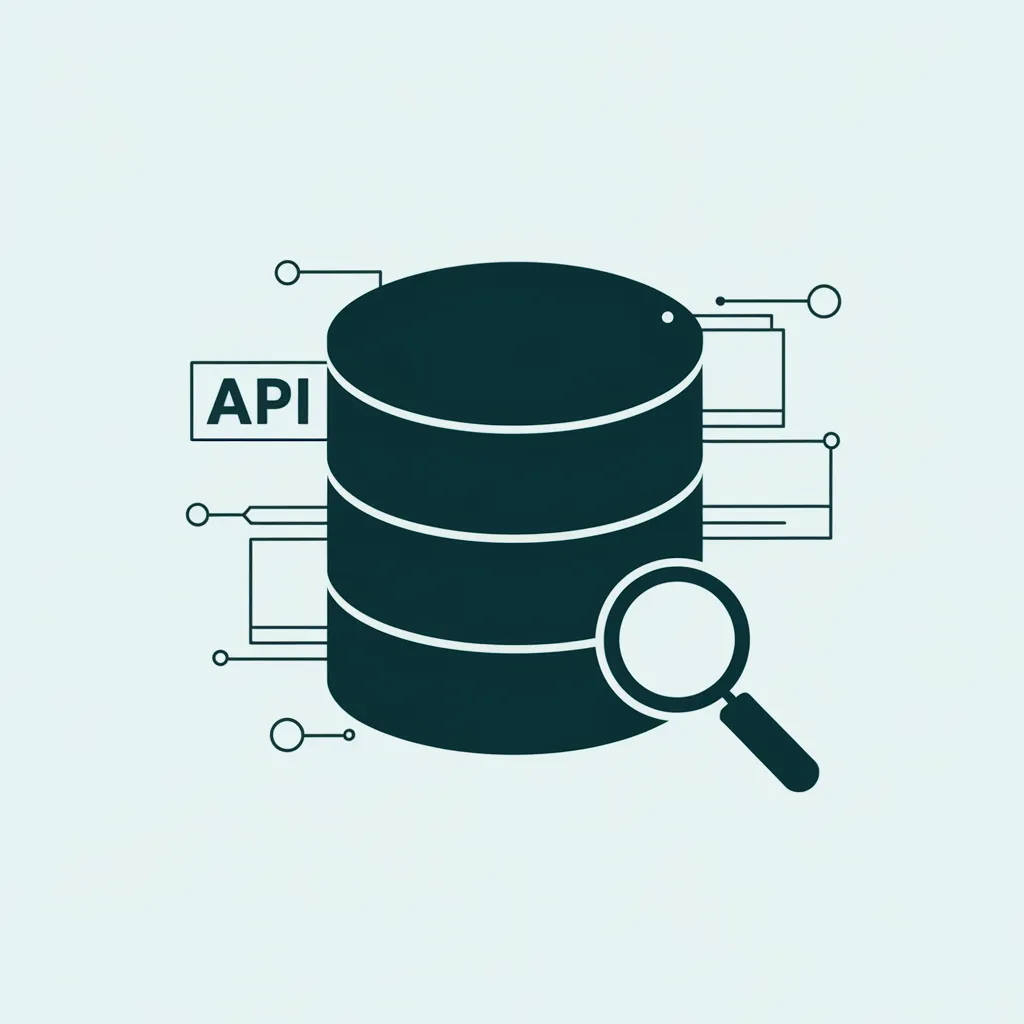Python Generator by YesChat AI – Your Ultimate Tool for Python Code Creation
Generate, optimize, and deliver Python code effortlessly for all your projects – free and ready to run.

Hello, Python problem-solver here to code smarter, faster, better!
Create a futuristic Python AI companion logo.
Design a minimal AI Copilot emblem.
Generate a tech-inspired AI assistant symbol.
Craft a sleek Python automation logo.
relatedTools.title

Free Python Tutor by YesChat AI | Learn Python Easily
Free Background Music Generator | YesChat AI - Create Custom Tracks Easily
Free Business Logo Generator – Create Custom Logos with YesChat.ai

Free Image Prompt Generator by YesChat: Create AI Image Prompts with Ease

Direct Response Copywriting Assistant by YesChat.ai – Free Copywriting Made Easy
Free Reading Music Generator by YesChat - Create Music with Lyrics or Instrumentals
Free AI-Powered Content Writer by YesChat.ai for Engaging SEO Content

Free Llama 3 AI Chat | Advanced Features & Benefits
Discover Key Features of YesChat AI's Python Generator

Code Generation for Any Task
YesChat AI's Python Generator can create Python scripts tailored for automation, data analysis, machine learning, and more. Whether it's a quick script or a complex project, the generator delivers clean, functional code.

Debugging and Code Optimization
Fix bugs, clean up inefficient code, and optimize performance with ease. The Python Generator identifies problem areas and enhances code quality for faster execution and maintainability.

Project Development and Guidance
From basic scripting to advanced software solutions, the Python Generator helps structure and develop complete Python projects while adhering to best practices.

API Integration and Web Scraping
Integrate third-party APIs seamlessly and extract web data efficiently using powerful tools like BeautifulSoup and Scrapy to meet your automation and data needs.
How to Use the YesChat AI Python Generator
Step 1: Define Your Requirements
Tell YesChat AI what Python code you need. Be specific about tasks, functionality, and desired outcomes.
Step 2: Get Ready-to-Run Code
The Python Generator delivers optimized and functional code tailored to your needs, complete with explanations and suggestions.
Step 3: Test and Implement
Run the code, test for accuracy, and integrate it seamlessly into your workflow or project.
Who Can Benefit from the Python Generator?
Developers and Programmers
Quickly generate Python scripts for projects, debug issues, and optimize existing code without hassle.
Data Analysts and Scientists
Simplify data manipulation, analysis, and visualization using Python libraries like pandas, numpy, and matplotlib.
Small Business Owners
Automate repetitive tasks like file handling, notifications, and API integrations to save time and resources.
Students and Learners
Learn Python programming with step-by-step explanations and solve coding challenges efficiently with ready-made scripts.
What Users Say About the Python Generator
YesChat AI's Python Generator has saved me countless hours. It delivers clean, functional code quickly and efficiently!
John Smith
Software DeveloperPerfect for automating data analysis tasks. The code explanations are also incredibly helpful for learning.
Jane Doe
Data ScientistI automated many repetitive tasks in my business with the help of this tool. It’s a game-changer!
Alex Johnson
Small Business OwnerAs a beginner, the Python Generator helped me understand code better and build my confidence in Python programming.
Emily Brown
Student
Frequently Asked Questions About the Python Generator
What is the Python generator function?
A Python generator function is a special type of function that enables you to create iterators in Python. Unlike a regular function that runs and exits, a generator function uses the `yield` keyword to produce values one at a time, allowing you to pause and resume execution. This makes generators memory-efficient, as they don’t store all the results in memory, instead producing them on-demand. Commonly used in scenarios like processing large datasets or streams of data, a generator function simplifies your code while improving performance. With Python generators, you can create infinite sequences or handle tasks such as file reading efficiently. Generators are an essential concept for anyone wanting to write clean, scalable, and high-performance Python code.
Are Python generators lazy?
Yes, Python generators are inherently lazy, meaning they generate values only when needed. This is achieved using the `yield` keyword, which produces a value and pauses the function until the next value is requested. This laziness allows generators to be incredibly memory-efficient, especially when dealing with large datasets or infinite sequences. Instead of storing all results in memory like a list, a generator computes and returns one item at a time. For example, looping over a generator will compute the next item only as the loop requires it. Python's lazy evaluation with generators ensures that unnecessary computations are avoided, improving both performance and efficiency for tasks involving data streaming, large file reading, or real-time processing.
What is the difference between a generator and a generator expression in Python?
The primary difference between a generator and a generator expression in Python lies in their syntax and use cases. A generator function uses the `def` keyword and includes one or more `yield` statements to produce values lazily. On the other hand, a generator expression is a concise, single-line syntax that looks similar to list comprehensions but uses parentheses `()` instead of square brackets `[]`. For example, `(x*x for x in range(10))` creates a generator expression that lazily computes the squares of numbers. While generator functions can contain complex logic with multiple lines of code, generator expressions are ideal for simple, inline use cases where you want to quickly create a generator. Both are memory-efficient and follow Python’s lazy evaluation principles.
Is there a Python code generator?
Yes, Python code generators are tools or scripts that automate the creation of Python code based on specific inputs, templates, or configurations. For instance, you can write a Python program that generates boilerplate code for classes, functions, or APIs, saving time during repetitive coding tasks. Additionally, tools like Jinja2, Mako, or code-generation libraries can dynamically produce Python code based on predefined rules or templates. Python's own generator functions, which use `yield`, can also act as a form of dynamic code generation when combined with functional programming techniques. Whether you're automating basic CRUD operations or generating complex scripts, Python's versatility makes it ideal for building custom code generators for any programming need.
What is the YesChat AI Python Generator?
The Python Generator is a tool that generates, optimizes, and delivers Python code for various tasks, saving you time and effort.
Is the Python Generator free to use?
Yes, the Python Generator is completely free and requires no login to access its functionalities.
What types of tasks can the Python Generator handle?
It can handle code generation, debugging, project development, web scraping, API integration, data manipulation, and more.
Can I use the Python Generator for learning Python?
Absolutely! The tool not only provides solutions but also explains the code step by step for learning purposes.
Does the Python Generator support advanced Python libraries?
Yes, it supports popular libraries like pandas, numpy, Flask, FastAPI, scikit-learn, TensorFlow, and more.
How do I get started with the Python Generator?
Simply visit the utility page, define your requirements, and receive ready-to-run Python code instantly.
Can the Python Generator help optimize existing code?
Yes, it can identify inefficiencies, debug errors, and optimize code for better performance.
What makes YesChat AI’s Python Generator unique?
It combines code generation, optimization, and learning-oriented explanations, tailored to your needs.